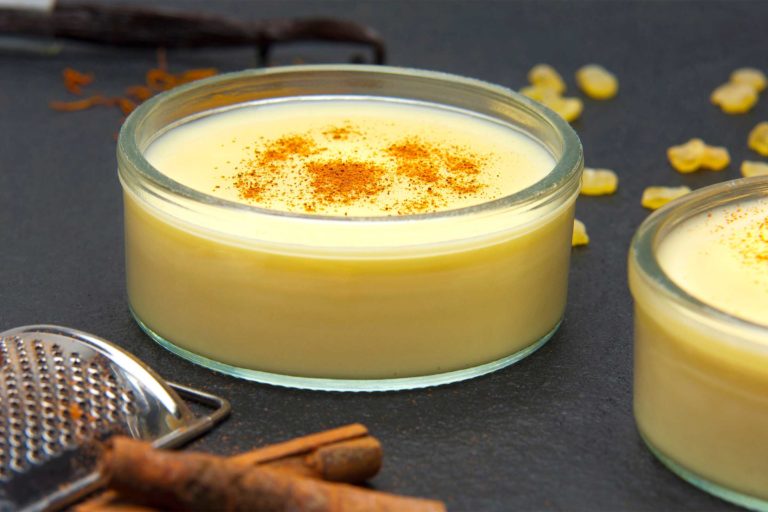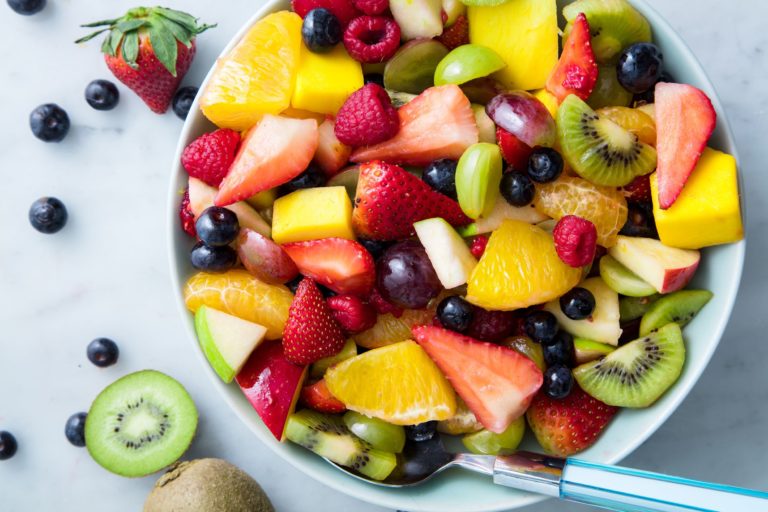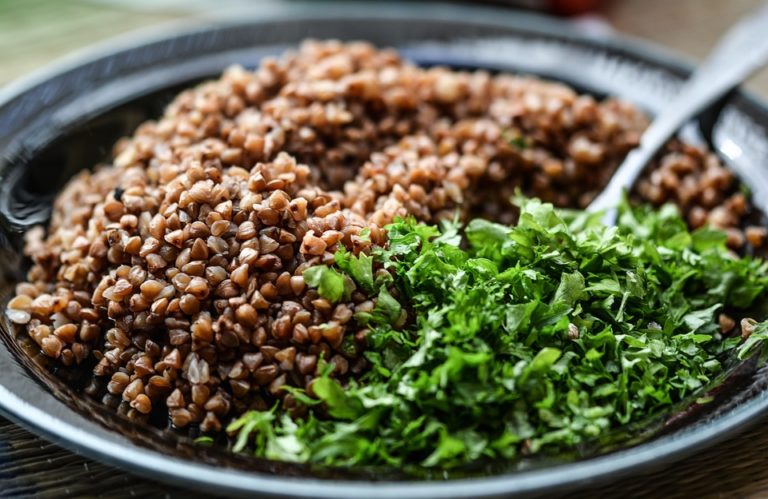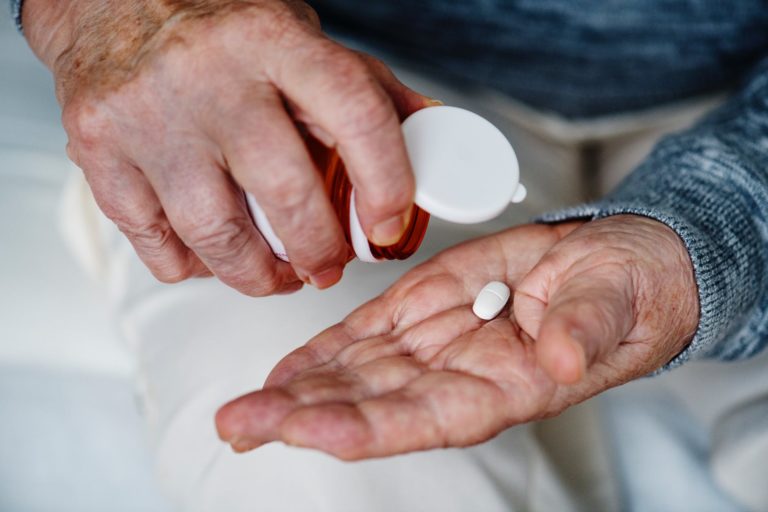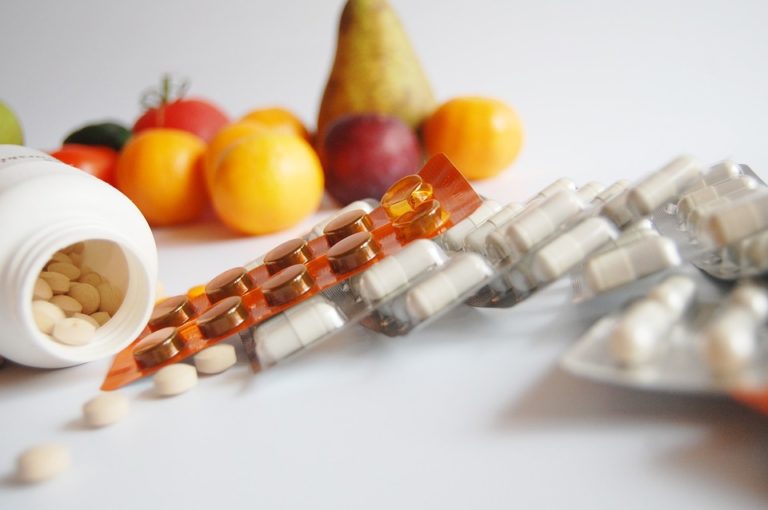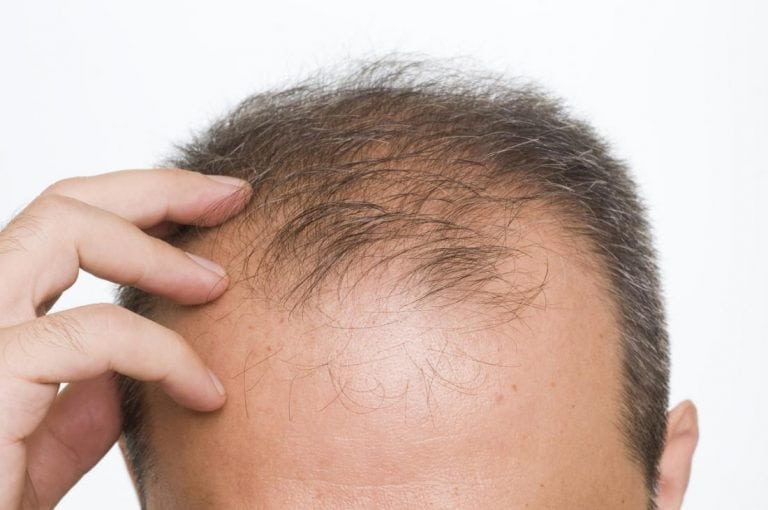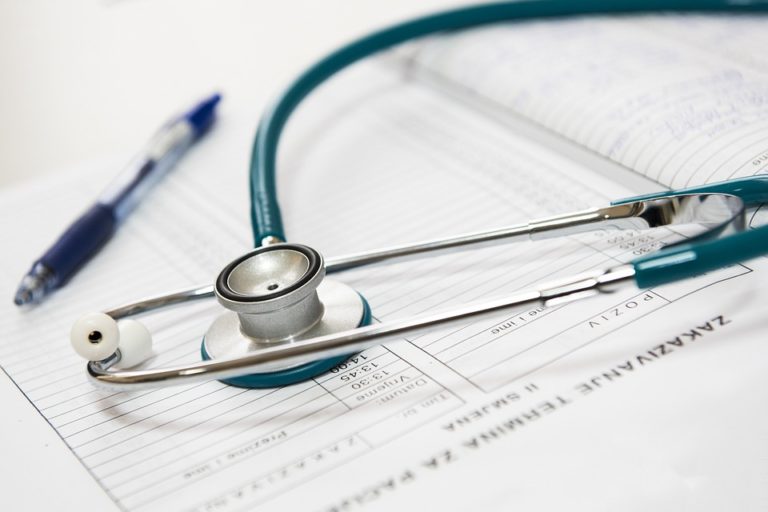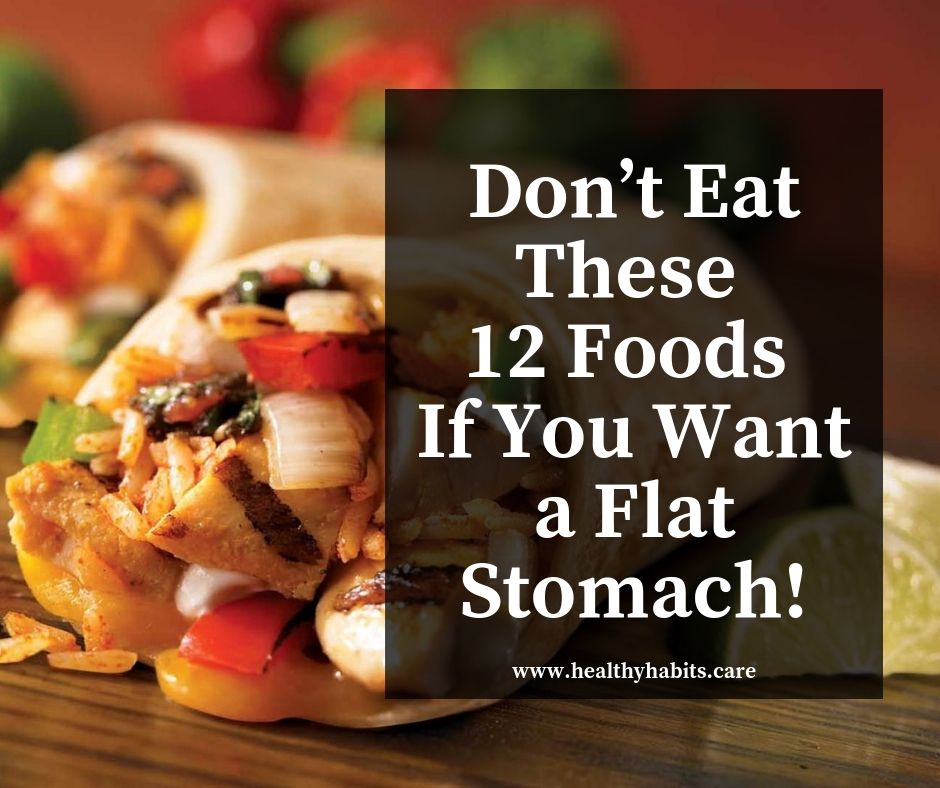
Stomach bloating is natural, but certain foods are more likely to cause it than others. Examples include lentils, beans, Brussels sprouts, broccoli, onions, dairy, apples, and grains.
Many of these foods have nutrients that our bodies can’t digest, so they’re instead fermented by bacteria, which can lead to gas and bloating. Stomach bloating is unfortunately a normal and natural part of life. But some foods cause more bloat than others.
While not eating or drinking the foods and beverages listed in this article won’t help you lose weight or get washboard abs, it will help you avoid bloating, and will thus have you looking leaner.
Dairy
Dairy products like cheese and milk can cause digestion issues – especially if you’re lactose-intolerant or sensitive. Lactose is a natural sugar that’s found in dairy products, and those who are lactose intolerant don’t have the enzymes needed to break down this sugar.
Luckily, there are plenty of dairy substitutes out there, like soy or almond milk, which are ideal for those who are lactose intolerant or just looking to avoid dairy.
Cruciferous vegetables
Broccoli, cauliflower, Brussels sprouts, and kale all fall under the category of cruciferous vegetables. These foods are high in a number of nutrients like folate, vitamin C, and fiber. They’re even thought to help prevent cancer.
But they also contain raffinose, a type of carbohydrate that our bodies can’t break down because we lack a certain enzyme to do so. Instead, raffinose is fermented by bacteria, a primary cause of gas and bloating.
If you don’t want to give up these vegetables, try roasting or steaming them to make them easier to digest.
Foods high in sodium
Most Americans consume more salt than the recommended daily amount. Our bodies’ natural reaction to eating too much salt is to retain water, and when the body holds on to water, it bloats.
As a guideline, most healthy people should be capping their sodium intake at 2,300 mg per day. Those who have diabetes or high blood pressure, or who are over 50, should only be consuming 1,500 mg per day.
Packaged and processed foods, like canned soups, deli meats, and pre-made sauces, commonly contain large amounts of sodium.
Alcohol
Just like high-sodium foods, alcohol causes the body to retain water, leading to puffiness and bloating. Drinking can also trigger constipation, which leaves people feeling bloated as well.

Watermelon
It might be hard to believe that watermelon could do anything to your body, considering it’s mostly water. But it contains plenty of fructose, a natural sugar that gives the fruit its sweetness. Many people are unable to absorb fructose, which is why watermelon can lead to bloating.
Legumes
Legumes refer to plants that grow fruit in the form of a pod. Examples include beans, peas, lentils, and soybeans. These foods are all high in fiber and protein, which is what makes them good for you, but also what makes them hard to digest.
Because legumes are packed with fiber that our bodies can’t absorb, our gut bacteria goes to work on them instead, which causes gas and bloating. To avoid this, try eating legumes with whole grains that are easy to digest like rice or quinoa, or soak dried beans overnight, which helps to break down non-digestible fiber.
Yogurt
When it comes to yogurt, it all depends on what kind you’re consuming. Plain yogurt can actually help your stomach because it contains probiotics, which are known to regulate digestion. However, if you’re eating flavored yogurt that’s high in sugar, you’ll have more fermentation going on in your body, which means more gas and bloating.
Grains
Grains like rye and wheat contain fructan, a carb that many people have a hard time digesting. According to multiple gastroenterologists, people often think gluten is irritating their stomachs, when really it’s the fructan. When a carb can’t be absorbed, it’s instead fermented by gut bacteria, which leads to gas and bloating.
Carbonated beverages
No matter if it’s soda or sparkling water, any sort of fizzy beverage can lead to bloating. That’s because the bubbles present in these drinks cause your stomach to inflate.
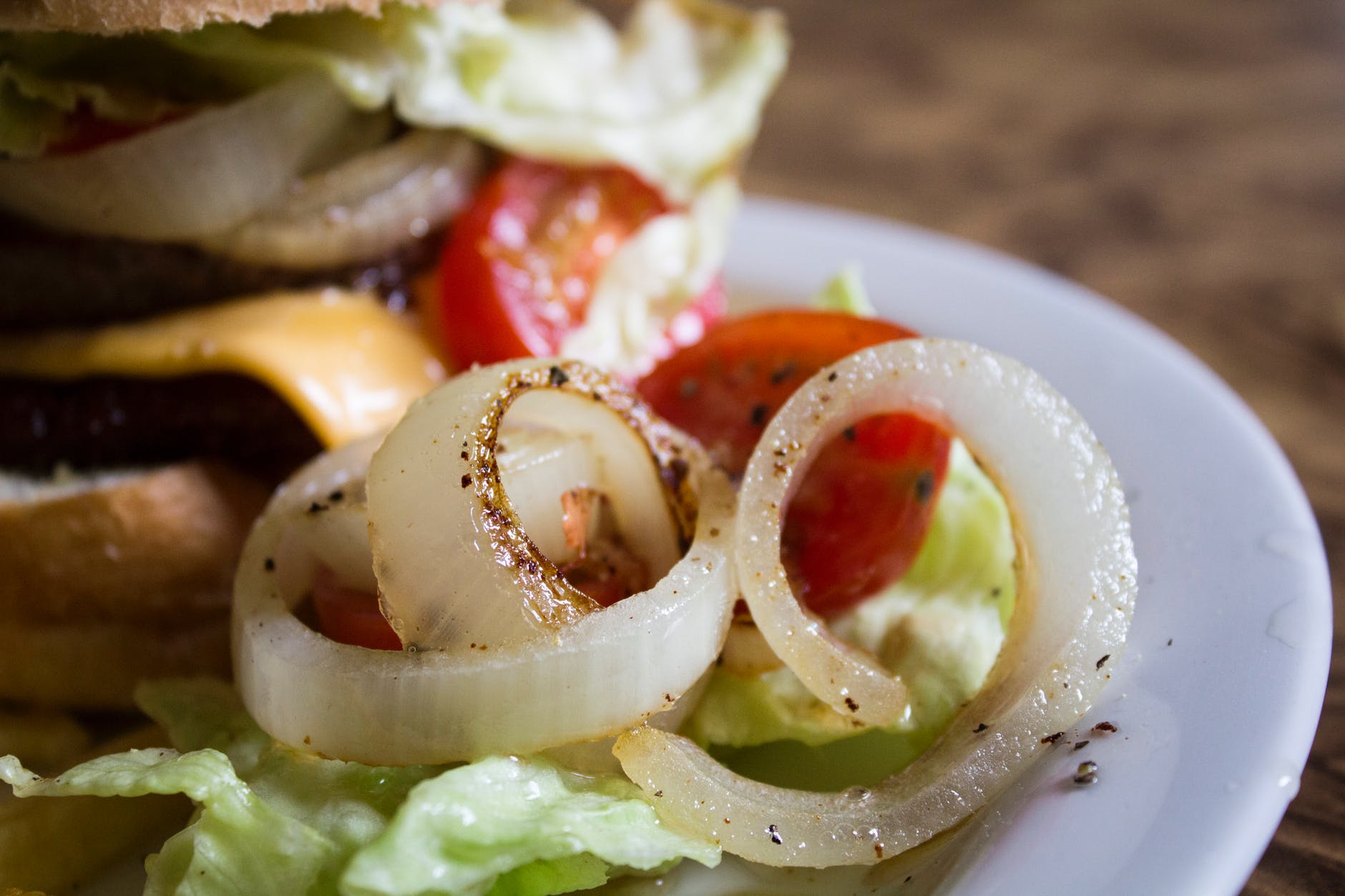
Onions
Surprisingly, onions contain carbs. More specifically, they contain the same carb that’s found in grains: fructan. Fructan is not only hard for your body to absorb, but also leads to more water being stored in the intestine. This, in turn, can cause bloating.
Artificial sweeteners
Many people gravitate toward artificial sweeteners because they have no calories. But calories aren’t everything, and sweeteners like xylitol and sorbitol take a long time for the small intestine to digest, which is why substances like these can lead to bloating.
The five artificial sweeteners that the FDA has approved – and therefore some of the most common – are: saccharin, acesulfame, aspartame, neotame, and sucralose.
Popcorn
There isn’t anything specific in this popular snack that causes bloating; it’s simply the volume of popcorn that most people eat which causes your stomach to expand more than usual. One serving of popcorn is anywhere from three to four cups. One cup is about the size of a tennis ball, which is a lot of popcorn for your stomach to hold.



